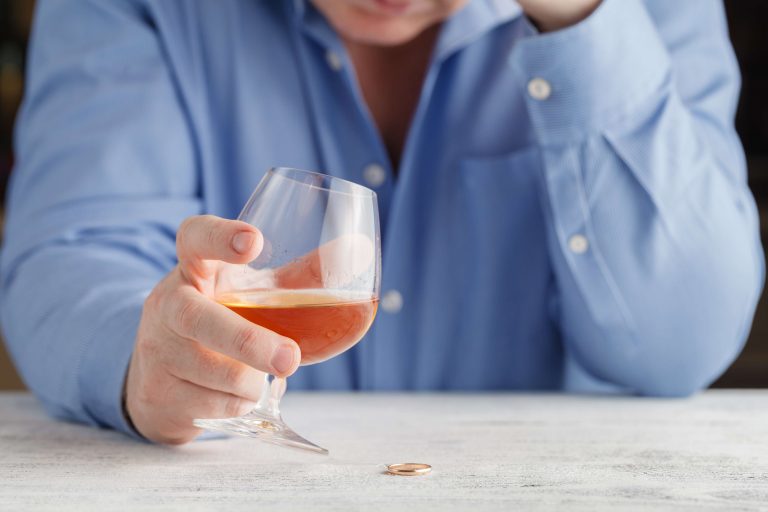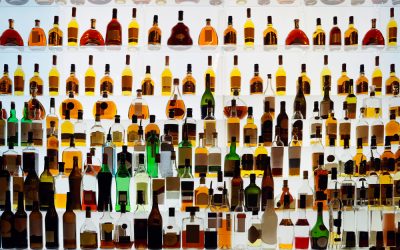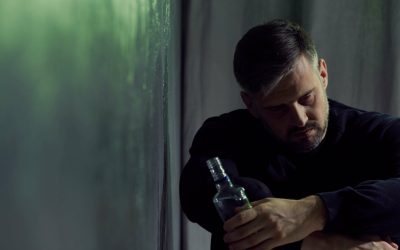How Alcohol and Anxiety Create a Dangerous Cycle Anxiety Gone: Your Digital Calm Corner and Mental Health Shop
Last Updated on by James King
This cycle can create alcohol-induced anxiety, which mimics or worsens existing anxiety disorders. When moderate use becomes heavy drinking, it can cause new anxiety. Either way, anxiety is a side effect of alcohol (Cherney & Jewell, 2016). People often use alcohol as a way to cope with anxiety, stress, and tension, believing that alcohol induces relaxation. Turning to a substance such as alcohol to reduce anxiety is known as self-medication. People don’t use alcohol to treat anxiety because they are weak or “bad” but because they are attempting to deal with the awful experience of anxiety by treating themselves.
What are the links between alcohol and anxiety?
Alcohol overall induces panic in a person because of all the effects on gamma-Aminobutyric acid (GABA), which is a chemical that has a relaxing effect normally. If you find that you regularly experience anxiety after drinking, start keeping track of your alcohol consumption to see if you can spot any trends related to stress. You can also gradually reduce your intake to minimize withdrawal symptoms. Even after moderate drinking, withdrawal symptoms can occur as the effects of alcohol wear off. Symptoms of alcohol withdrawal can include restlessness, irritability, and anxiety — all of which are just the body trying to adjust to no longer having alcohol’s sedative effect in its system.
How To Help Someone With Bulimia: Supporting Their Recovery Journey
MAT provides a structured, science-backed approach to help individuals reclaim their lives. It doesn’t help anxiety in a satisfactory way, but does alcohol cause anxiety? It can also exacerbate existing anxiety and make amphetamine addiction treatment it much more difficult to manage. Alcohol also becomes dangerous when prescription anxiety medication is involved. Serious side effects, some of which may be life-threatening, can occur when alcohol mixes with the chemicals in pharmaceuticals. It’s extremely important to be honest with your doctor if you are using both anxiety medication and alcohol.
- The relationship between alcohol and anxiety is a multifaceted one, with implications that extend beyond the immediate effects of drinking.
- The whole idea behind self-medicating is using alcohol, drugs, supplements, or other substances as ‘home remedies’ to handle health problems.
- Drinking floods the brain with the neurotransmitter (brain chemical) gamma-aminobutyric acid (GABA), which contributes to feelings of short-term relaxation.
The Rebound Effect: Why Alcohol Worsens Anxiety
Even if you’re consuming a standard amount of alcohol — a 12-ounce beer or a 5-ounce glass of wine — you’ll experience a mild detox does alcohol cause anxiety or withdrawal. It takes your body and liver about eight hours to remove what’s essentially a poison. As this is happening, it can affect your central nervous system and cause you to feel jittery or anxious.
Depression In The Culture
- However, they should last no more than twenty-four hours, or at least start to dissipate after this time.
- A doctor may also suggest additional treatment options, such as counseling or joining a support group.
- The way alcohol changes the levels of serotonin along with various neurotransmitters in the brain can worsen anxiety.
- Talk to your doctor about alcohol consumption before taking any of these medications, as side effects can be harmful or fatal.
- Alcohol consumption and its potential impact on mental health, particularly anxiety, have garnered significant attention in recent years.
However, you can make lifestyle changes to help you reduce your anxiety as well as learn to cope with it. Drinking alcohol triggers the hormone vasopressin, which regulates your body’s water and https://amisdesarts.ch/binge-drinking-risks-signs-treatment-options/ salt levels. It signals the kidneys to take in more fluid and produce urine, increasing how much you urinate (pee). Anxiety and stress are both emotional responses, but they differ significantly in their origins and impacts on our lives.



